projects of the network
Some of the projects run by nodes or members of reGOSH
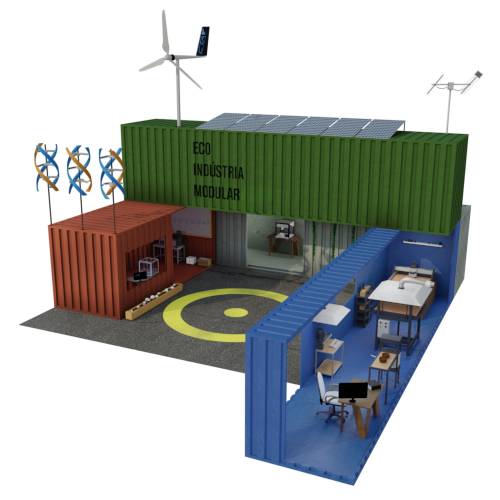
Eco Indústria Modular
Modular Eco Industry an open proposal for an industrial movement that breaks paradigms and will make tangible the feasibility of abundant realities with high local bio-productivity, oriented to a regenerative industrialization process. It is proposed here the organization of means and knowledge to demonstrate the feasibility of a progressive transposition of paradigms from the current conventional practices of the industry, industrial growth to the detriment of the degradation of the biosphere, to circular industrial practices and modular ecosystems. In other words, regenerative industrial practices oriented towards modularity and circularity, at all levels, to compose more equitable and bio-productive societies, based on sustaining life instead of consuming it.
For more information, read a full article here.
Watch a video about the project on the reGOSH Circuit. Watch presentation in Portuguese or presentation in Spanish.
Contact
Cristthian Marafigo Arpino, cristthian[at]ecoindustriamodular.com

open agroecology lab
The open agroecology lab is the outcome of an ongoing dialogue between the Ayllu Coop, CEFIC (Centro de Formación e Investigación Campesina) and members of ReGOSH.
This proposal aims to integrate several low cost and open source methods and instruments into a lab to accompany peasants, farmers, students and researchers in the visualization and documentation of changes produced in farms during their transition towards agroecology.
Contact
Nodo Mendoza. Contacto: Fernando Castro, ferhcastro@gmail.com
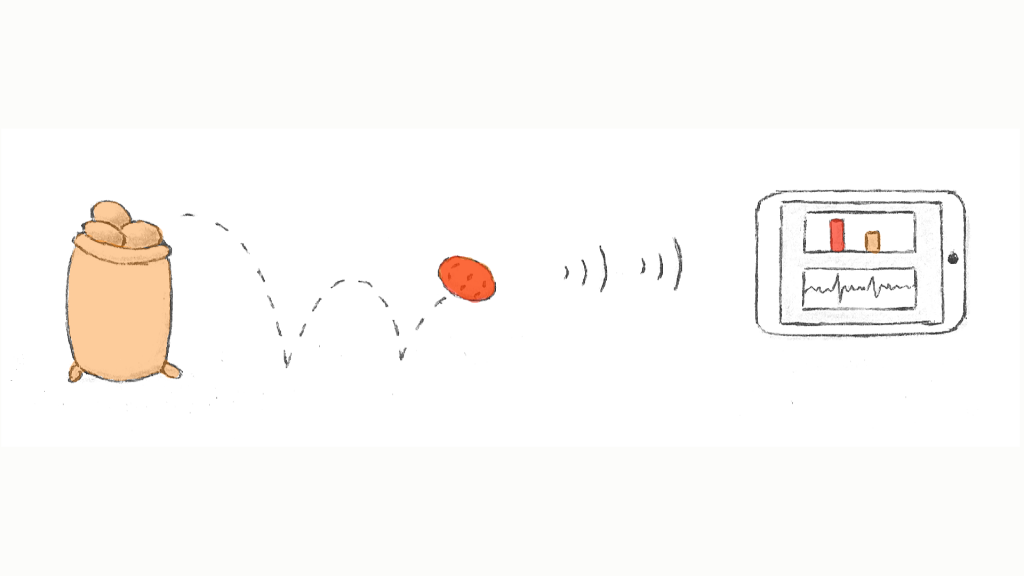
PAPATRÓNICA
The overall objective of Papatronica is to make available to small and medium-sized producers as well as to the entire potato value chain (and vegetable production in general), an open and modular open source, low-cost platform to determine the processes or specific points within a process where shocks, mechanical damage and environmental conditions affect the quality of the produce. This will significantly reduce post-harvest product losses (approximately 35% of fruit and vegetables produced).
Team & contact
Luciano Velázquez, Franco Pérez, José Marone, Ignacio Lalloz, Gustavo Pereyra Irujo (gpereyrairujo@gmail.com)
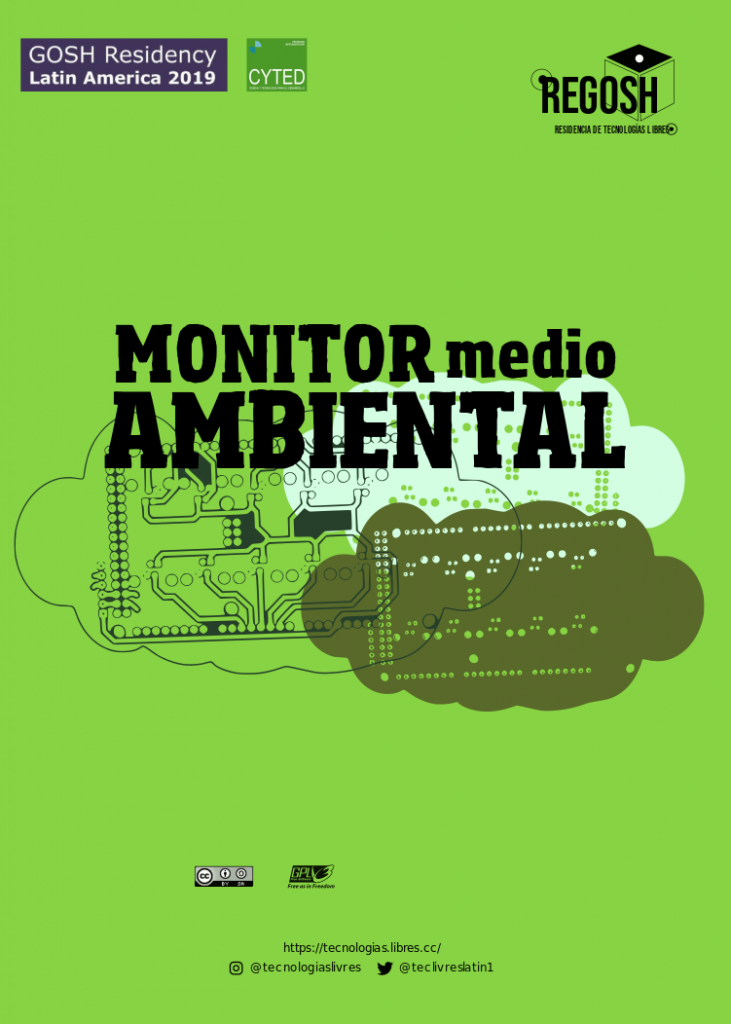
environmental monitor
We seek to create a system to monitor air quality in areas at high risk of air pollution by developing low-cost sensor-based devices. The sensors will be calibrated using machine learning models with measurements provided by standardised particulate matter sensors.
Dulce Alarcón Yaquetto, Lenin Rueda Torres, Anthony Aróstegui, Jean Tincopa (nodo Perú). Contacto dulce.alarcon@upch.pe
Team & contact
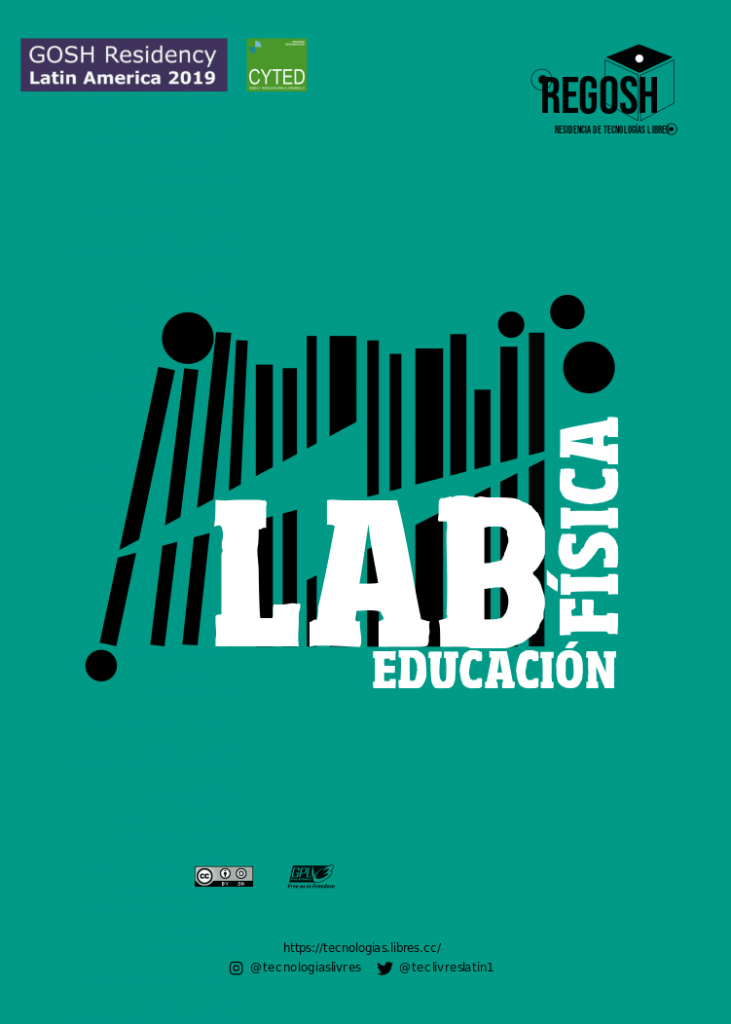
low-cost open hardware for physics lab
The aim of this project is to develop a series of free and open, low-cost instruments to equip physics laboratories together with the necessary documentation for their replication/modification and educational resources for their use by teachers and students. Initially the project is intended for classical mechanics experiments. The project has been developed by the Mendoza node of the reGOSH network, in collaboration with members of the Ecuador and Colombia nodes.
Team & contact
Pablo Cremades, Fernando Castro, Ana Paula Gei, Santiago Bari, Ruben Humar. Contacto: pablocremades@gmail.com
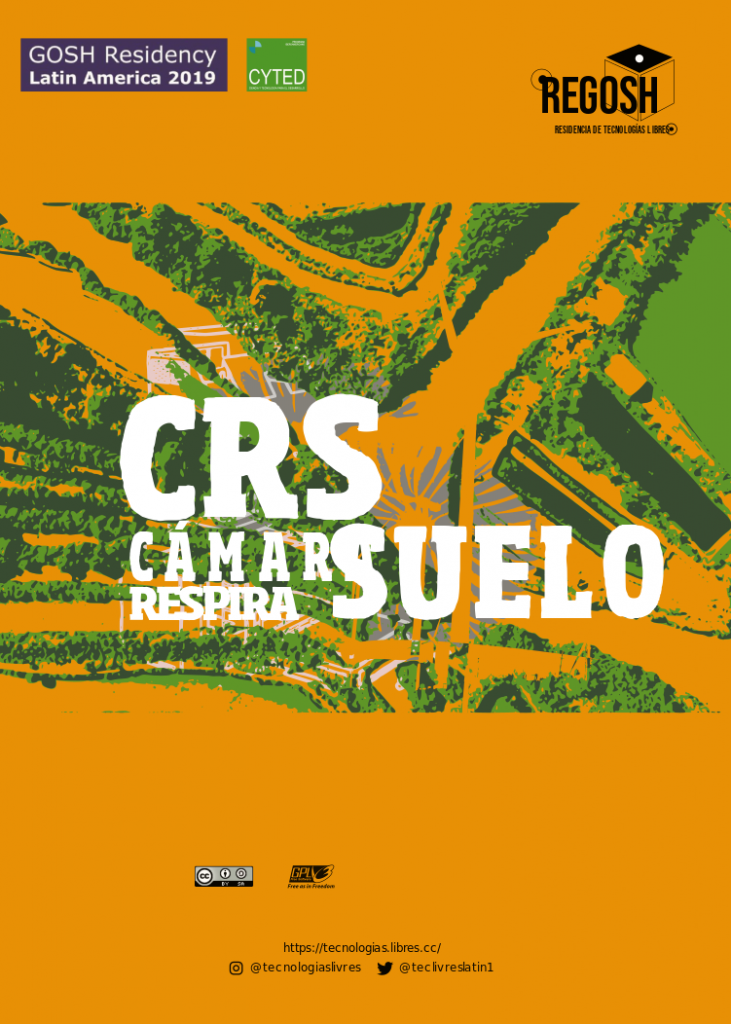
soil respiration chamber
Development of a low-cost, portable soil respiration chamber capable of measuring the CO2 flux in soil in order to determine the soil biological activity. The aim is to analyse soil samples treated with bioinputs used by local communities promoting the transition to agroecology. This project is a development of the Mendoza node of reGOSH, funded by CYTED. The proposal is available in Spanish here.
Team & contact
Pablo Cremades, Fernando Castro, Anabella Laudecina, Leandro Mastrantonio. Contacto: pablocremades@gmail.com, ferhcastro@gmail.com
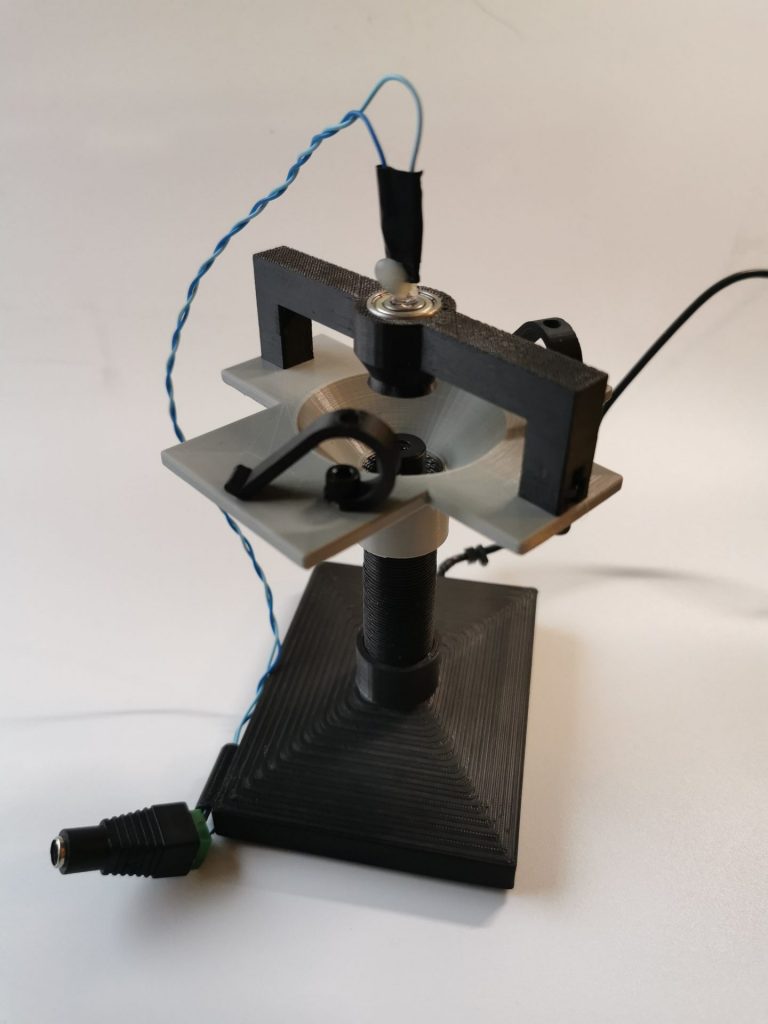
BREWERMICRO
Microscope to monitor and count yeast for beer and fermentations in general. We aim to develop and characterize low-cost DIY microscopes that brewers can use to see, count and check yeast viability.
Team & contact
Fernando Castro, Fernan Federici, Gudrun Kausel, Carlos Bertoli. Contacto: ferhcastro@gmail.com
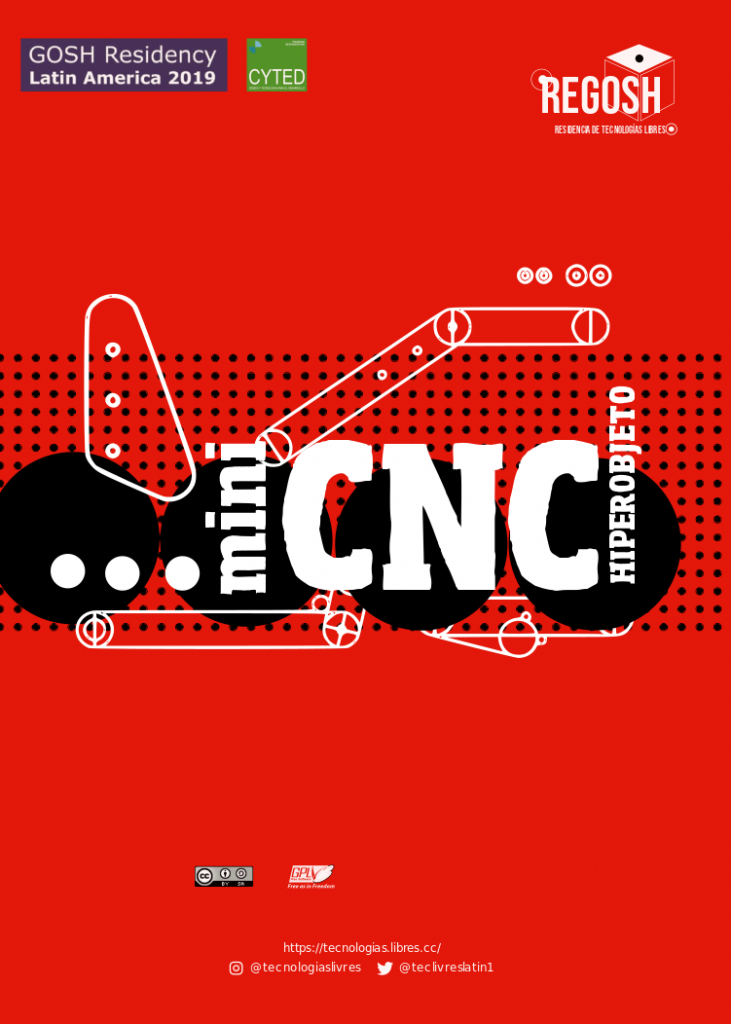
mini cnc
The mini-CNC project is about designing and building a mini CNC router as a hyperobject, using Arduino and repurposing unused CD/DVD reader motors. The first result was the appropriation of CNC technology, and of the free methods of development, documentation and manufacturing. The experience and details of the project can be found in their wiki.
We then replicated it in Buenos Aires and moved, at the same time, from miniCNC to midi-CNC. The documentation of the successes and journeys of this stage, which also taught us a lot, can be found here. And now we are going for more! 🙂 PS: special thanks to Renan Soares and the CTA (UFRGS, Porto Alegre) who made the project possible during reGOSH 2019.
Team & contact
Renan Soares (nodo Porto Alegre), Sol Verniers (nodo Buenos Aires) & Nicolás Méndez (nodo Buenos Aires). Contacto: nmendez.ar@gmail.com

Scientific instrumentation and physics education
The Centro de Tecnología Académica (IF/UFRGS), which is part of the Porto Alegre Node, develops open hardware and software projects for the production of scientific knowledge and also for science education.
Currently, our main project is Cosmic Pampa, a cosmic rays detector based on low-cost microcontrollers, and ERGANE, for 3D-modelling of archeologic artifacts. Other projects include SACADA, a system for data collection and analysis, Estación Meteorológica Modular, a modular system for citizen weather monitoring, João-de-Barro, a PCI milling machine, neuroestimulador, for in vitro tissue microestimulation, Cardiorespirómetro, an instrument for monitoring cardiac and respiratory signals, and the eolic microgenerator, for producing wind energy in a decentralized way. Software projects include CAE TropOS, a Linux distribution equipped with powerful free software for engineering, and ALICE open-data, for using open data from the ALICE experiment for animating physical phenomena.
Team & contact
Nodo Porto Alegre, contacto: Marina de Freitas (marinappdf@gmail.com)
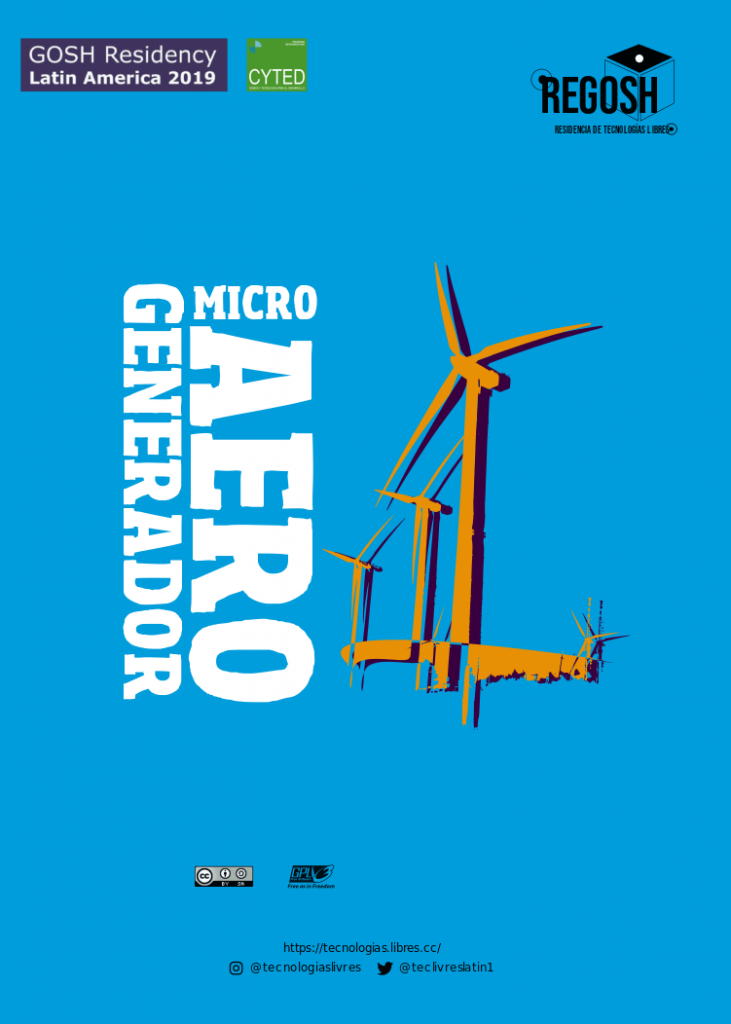
micro aerogerador
MicroAeroGenerator is part of a research project that develops projects on distributed microgeneration, renewable sources, storage, infrastructure and energy management.
Team & contact
Cristthian Marafigo Arpino (nodo ABC paulista). Contacto cristthian@protonmail.ch
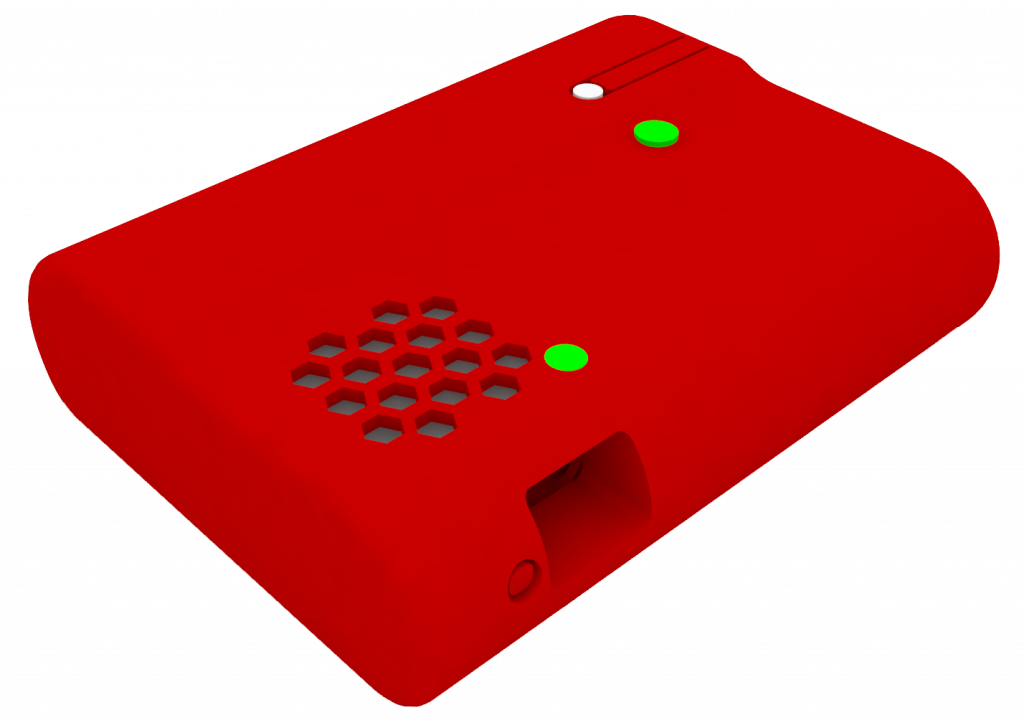
gorgas tracker
GORGAS is an open source GPS tracker developed by the Health Innovation Lab at the Alexander von Humboldt Institute of Tropical Medicine. The GPS tracker was developed and used in a study to investigate the role of human population movement in the epidemiology of malaria in indigenous communities in the river networks of the Peruvian Amazon.
Team & contact
Nodo Perú, Laboratorio de Innovación en Salud (UPCH), contacto: Pierre Padilla, pierre.padilla.h@upch.pe
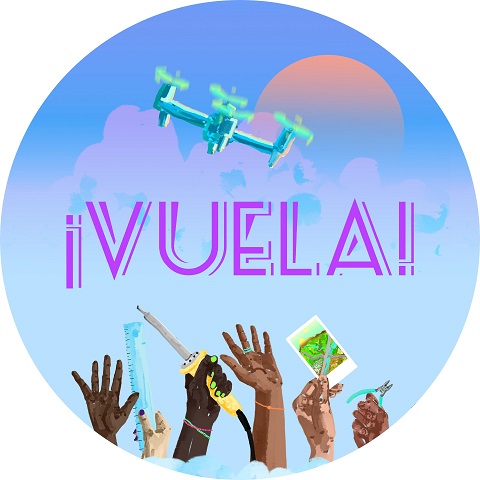
vuela
Vuela is developing a toolkit for doing open science with drones, accessible to marginalised communities, activists or researchers alike, and useful for studies or data surveys where this technology is already in use but dominated by closed source tools.
Team & contact
The members of our ‘crew’ are amateurs, civil society activists, researchers, neighbours, students, developers, and in the workshops we have spoken Spanish, Haitian Creole, English, French and Portuguese. Contact: Gustavo Pereyra Irujo, gpereyrairujo@gmail.com
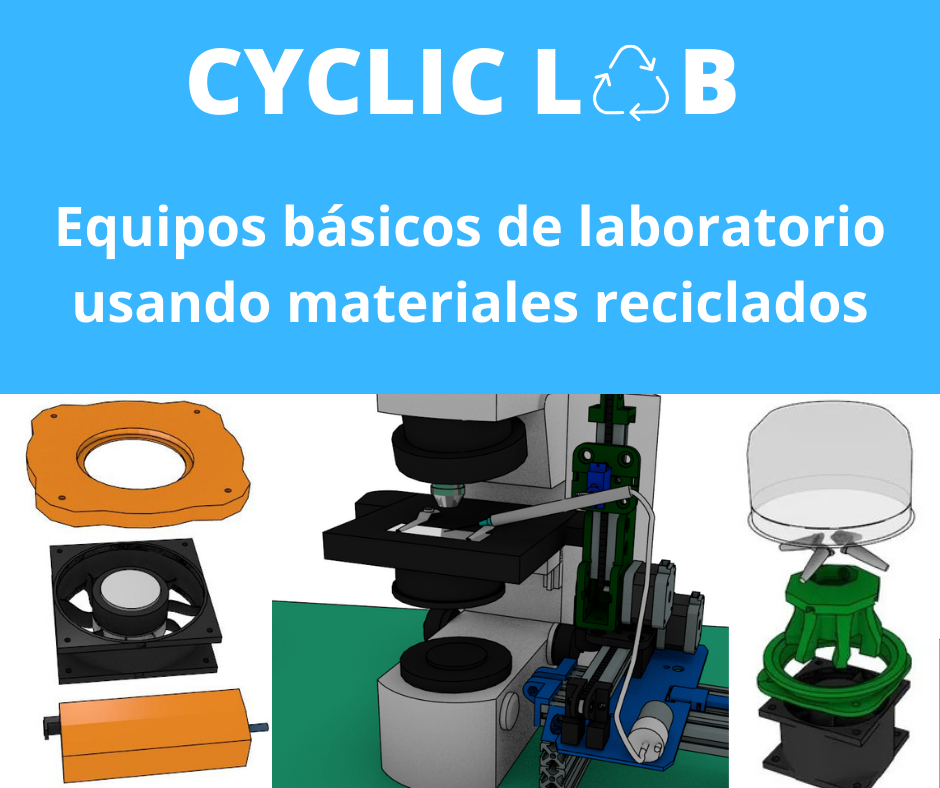
Cyclic-Lab: Basic lab equipment with open hardware and recycled materials
Cyclic-Lab seeks to reuse and recycle different materials to manufacture basic laboratory equipment at low cost. The designs make use of digital fabrication and are freely available so that they can be customised according to the needs of each user. Among the materials we reuse are disposable plastic containers and electronic waste. Centrifuges, micromanipulators and mechanical stirring equipment have been developed. We continue to work on developing more designs.
Team & contact
Jean Pierre Tincopa (Nodo Perú) jean.tincopa@upch.pe
